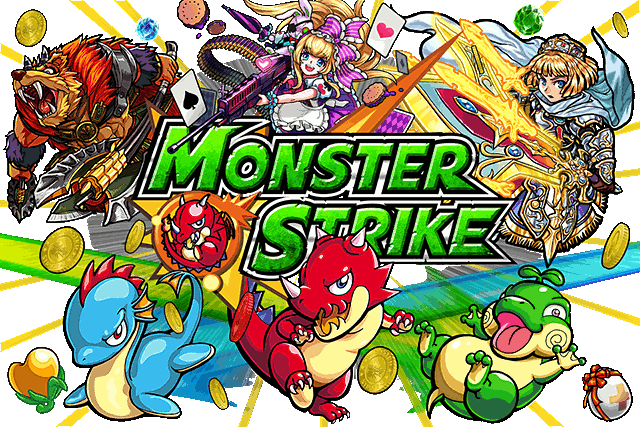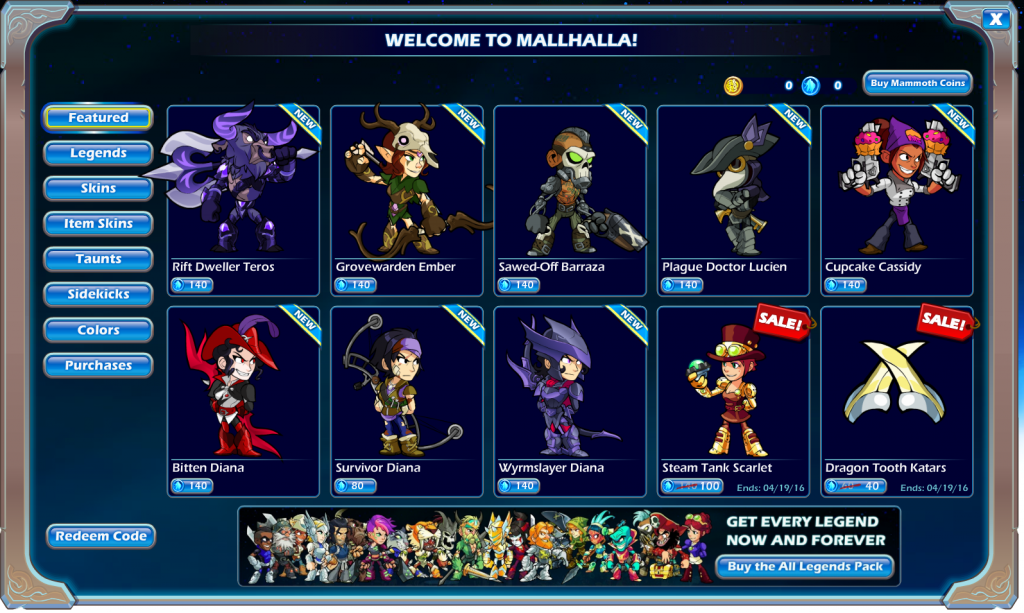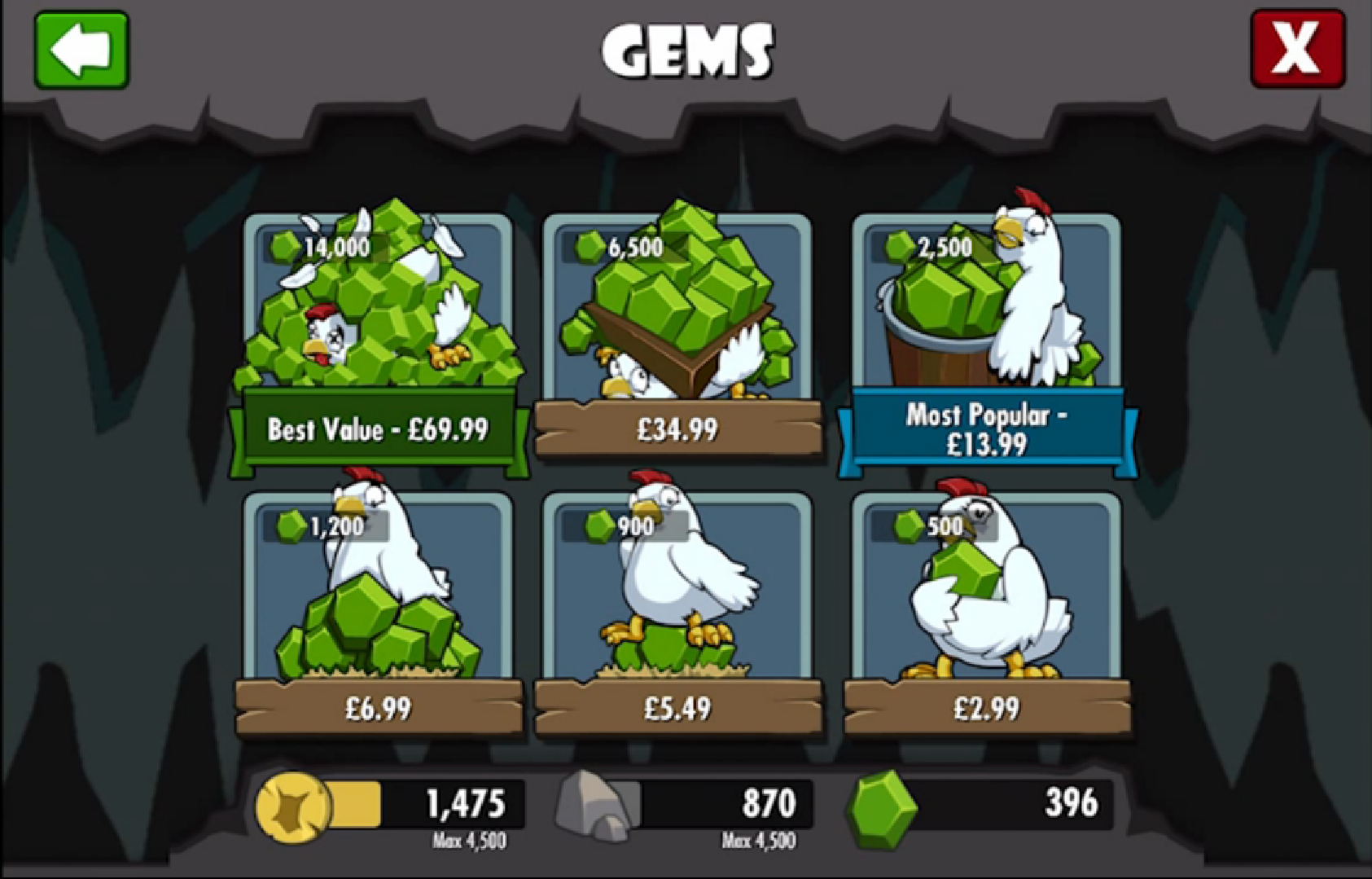There are certain things in video games that no one likes. Escort missions, quick-time events, on-disk DLC, etc. However, one persistent trend that, despite the being bemoaned by fans, gamers continue to support: microtransactions.
For those who are unaware, microtransactions are where players can (or must) purchase virtual goods for a small fee in order to progress or be competitive in, usually, free-to-play games.
In some games, which I’ll mention later, microtransactions are used in the way they should be. That is, it either adds content that doesn’t affect the gameplay, (like aesthetic features) or, if it does affect the gameplay, the player gets a lot of things for a small amount of cash.
However, most of the time, microtransactions are used as roadblocks, as a way to make players who thought they were playing a free game pay-up to make any sort of discernable progress. In these games, if you don’t throw down at least a little money, you won’t be getting very far.
And since people do continue to play these “Pay-to-Win” games, companies will have no incentive to stop making them.
The Story of DC Legends
One of the most egregious recent cases of this trend is DC Legends. There are only two ways to unlock more powerful characters in this game. Either you can spend countless hours slogging through the game to unlock character — or you can pay upwards of $50 to unlock them.
$50. For a character in a mobile game. This should be unacceptable, but alas, it’s become the standard…in the West.

Over in the East, it’s a different story. Game devs there are the ones who’ve learned how to make microtransactions profitable for themselves, while also making them worthwhile for consumers. Examples of games which utilize this concept are Monster Strike and Soul Clash.
Audiences in Asian countries realized long ago how unfair the pay-to-win system was — and stopped supporting it. As a result, things were changed for the better. Sadly, for the time being, it doesn’t seem the West will be following suit.
The difference between games made in the East and West is night and day, but that doesn’t have to be the way things are with business practices. In fact, Western developers could take a cue from their Eastern counterparts and ditch the practice altogether. But in reality, companies do things based on the law of supply and demand.
So as long as Western consumers continue to buy up and use microtransactions to make their games “better,” and eat up what’s being sold to them, Western developers won’t stop doing what makes them the most money.



